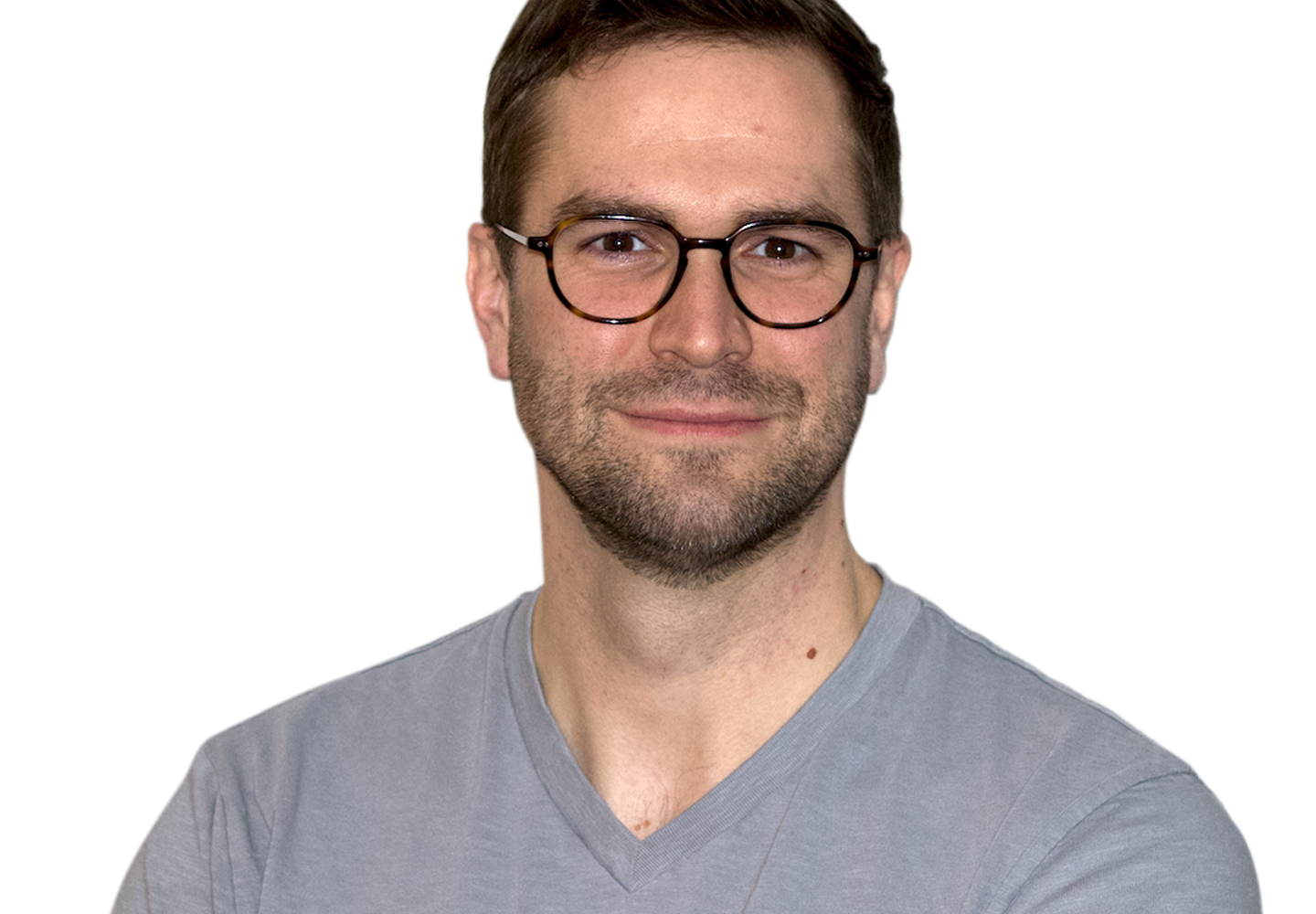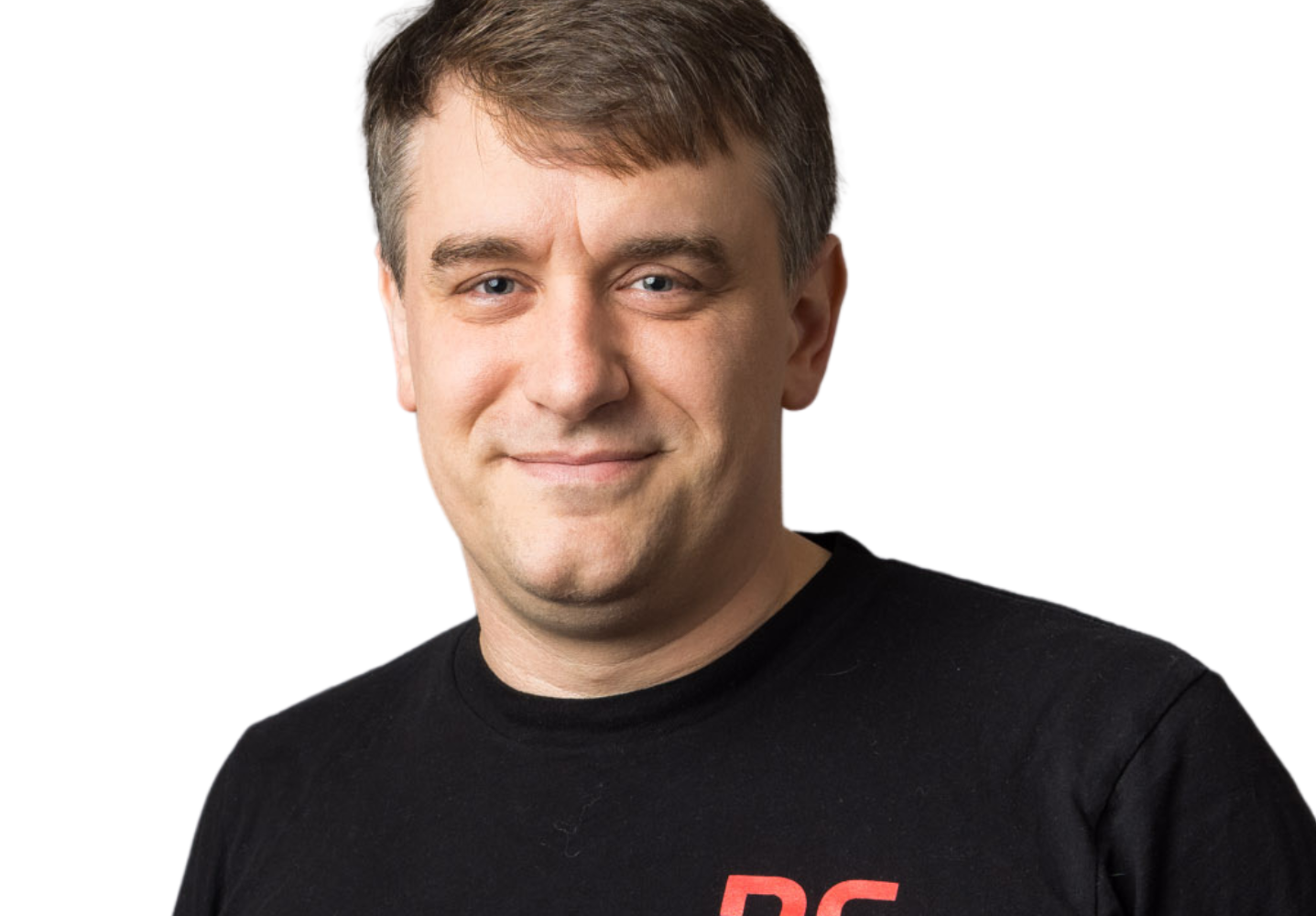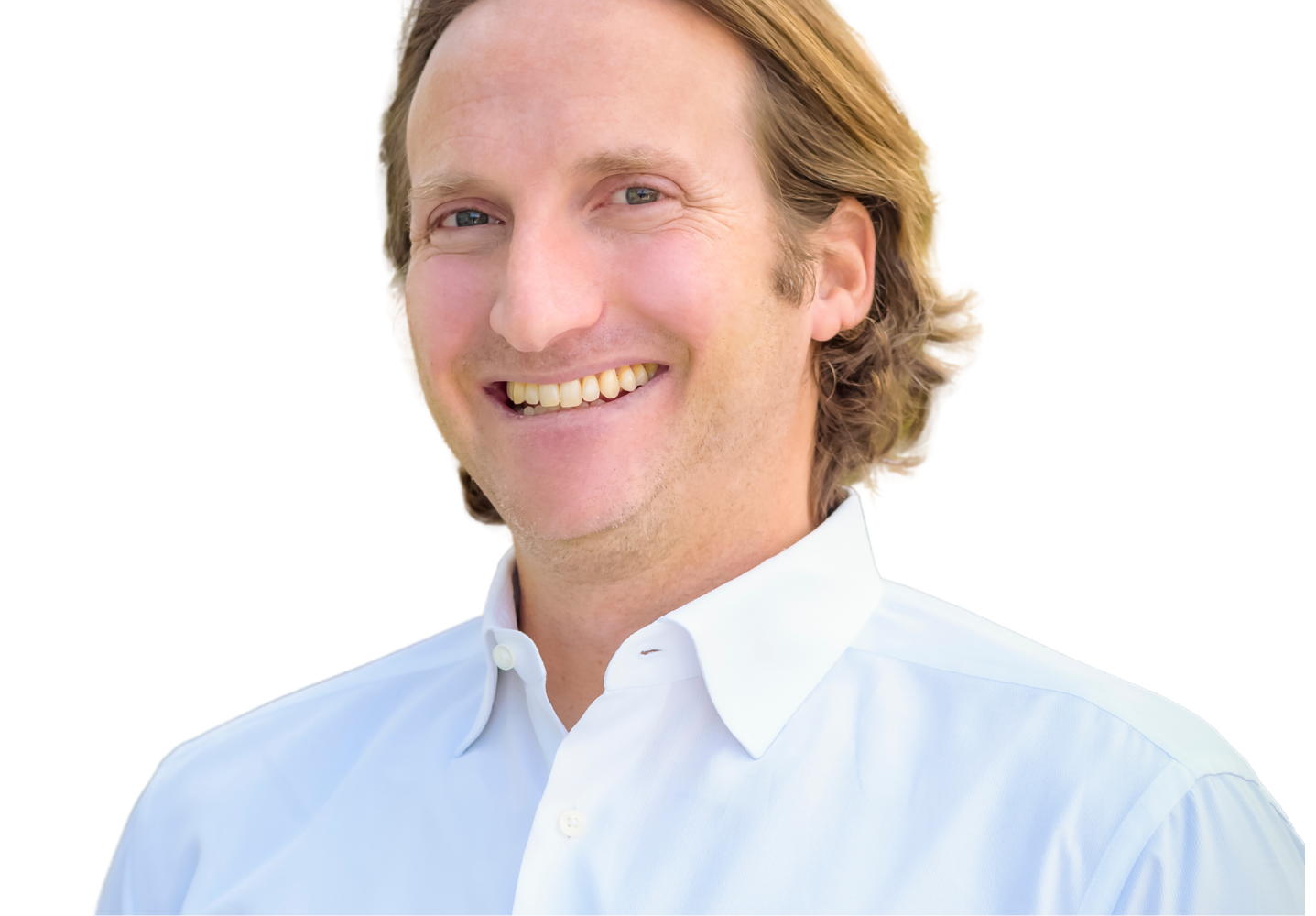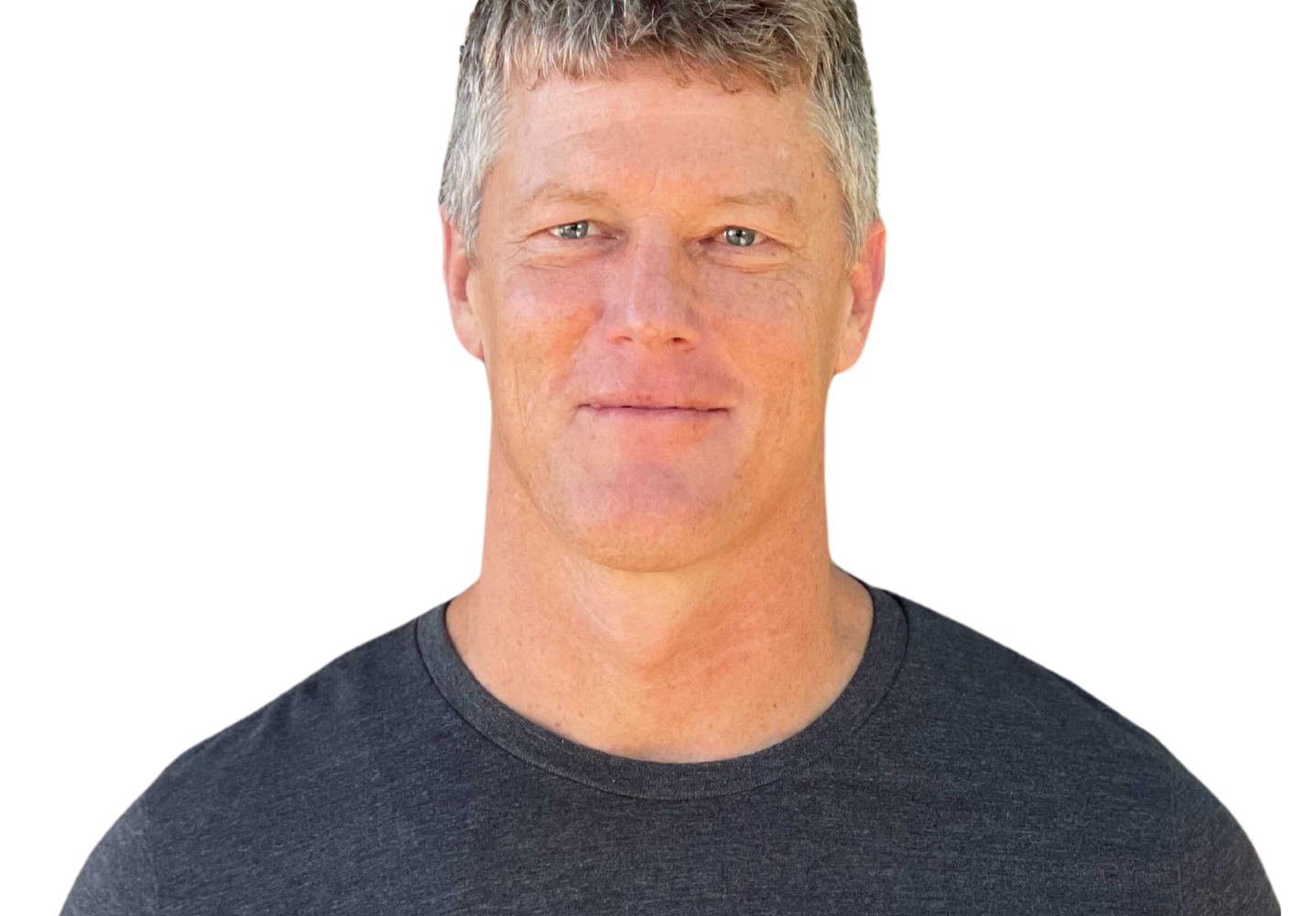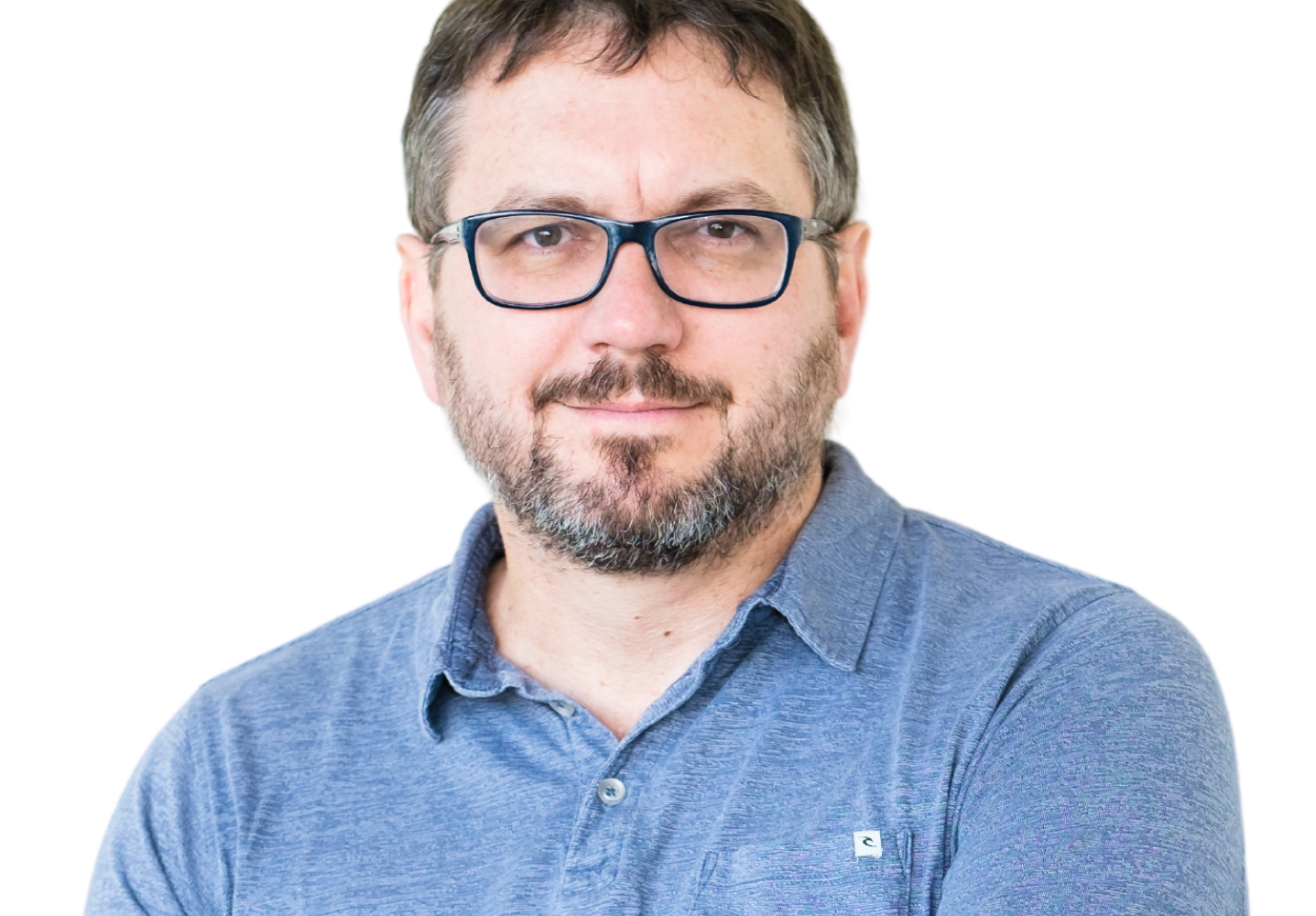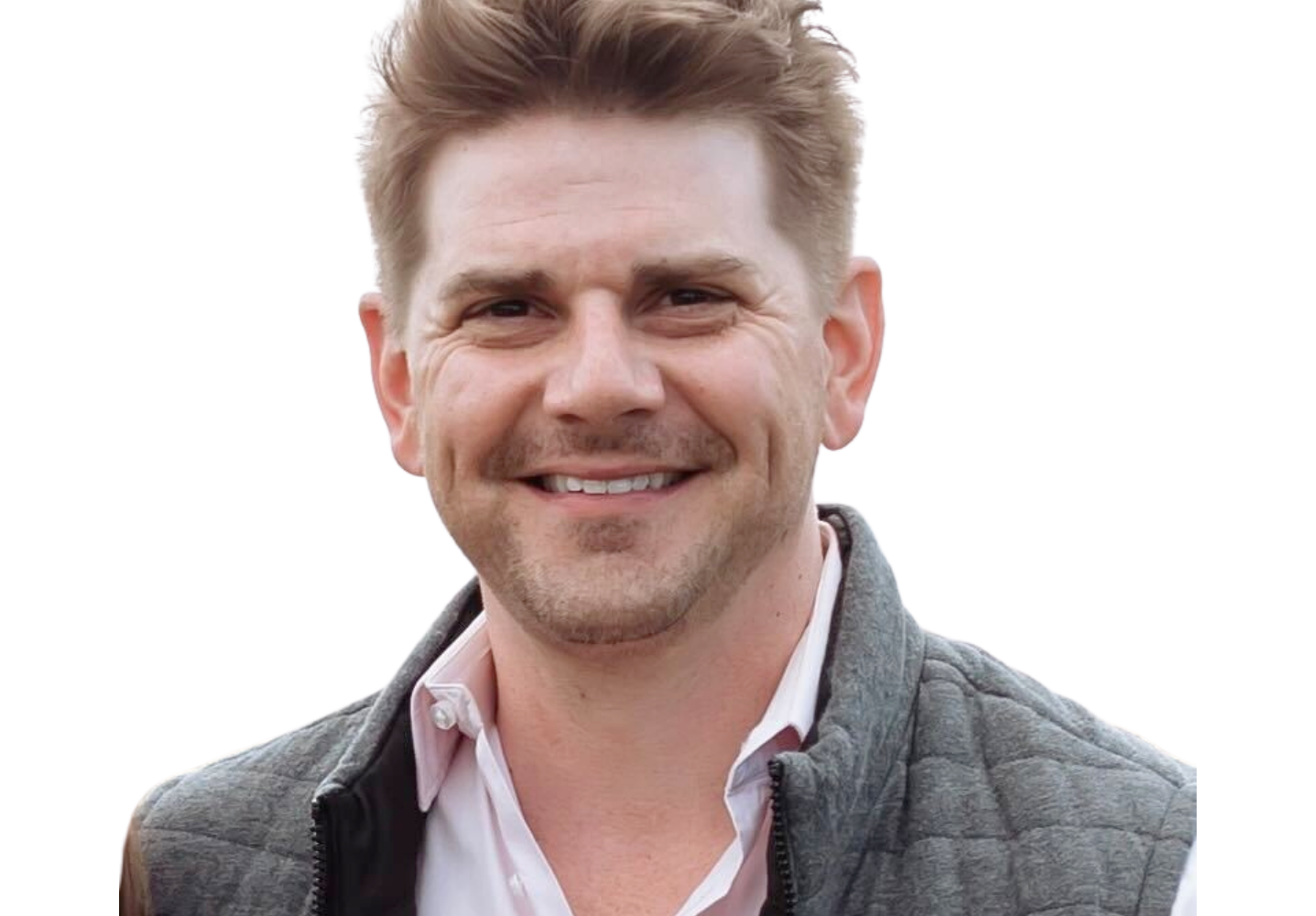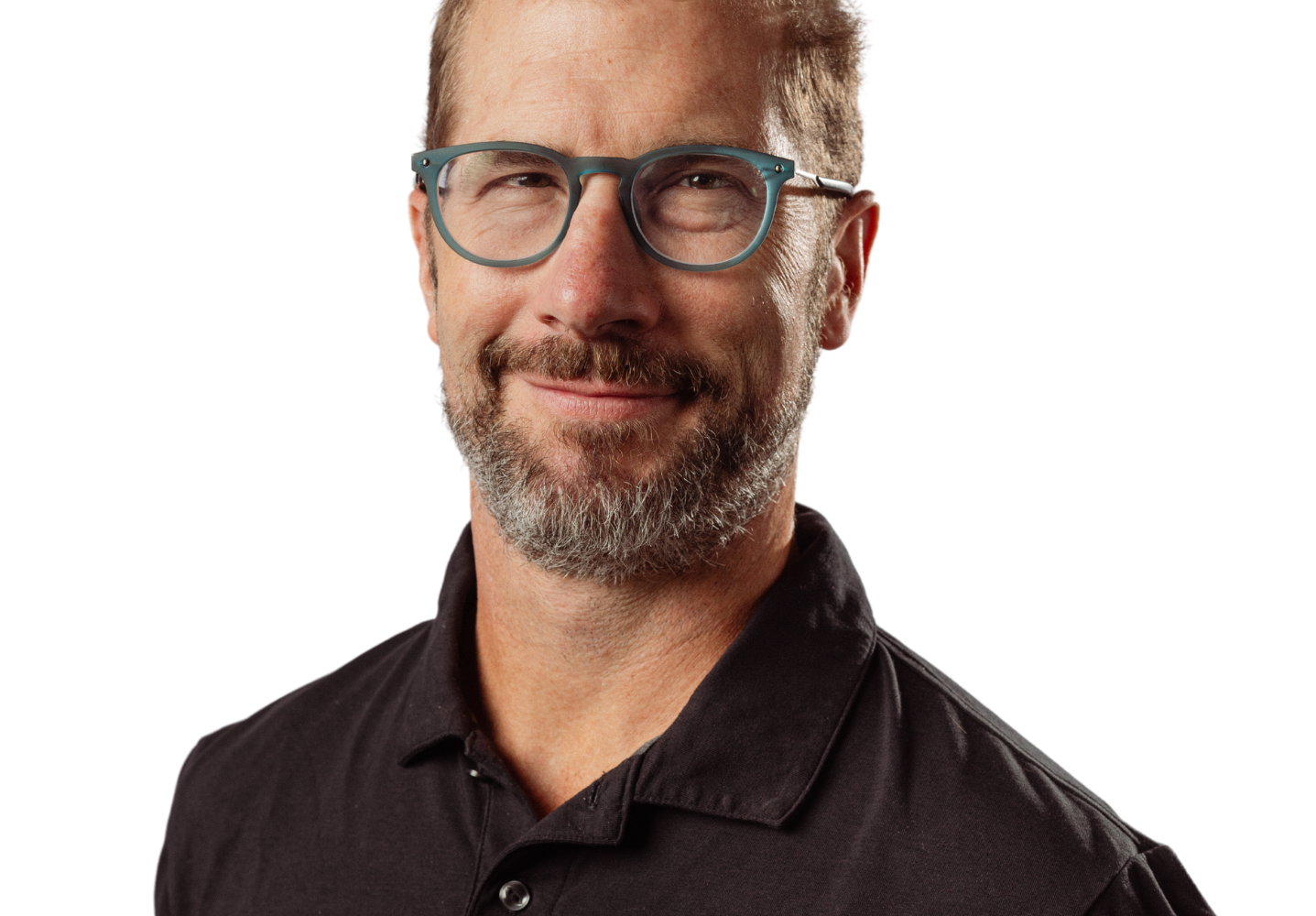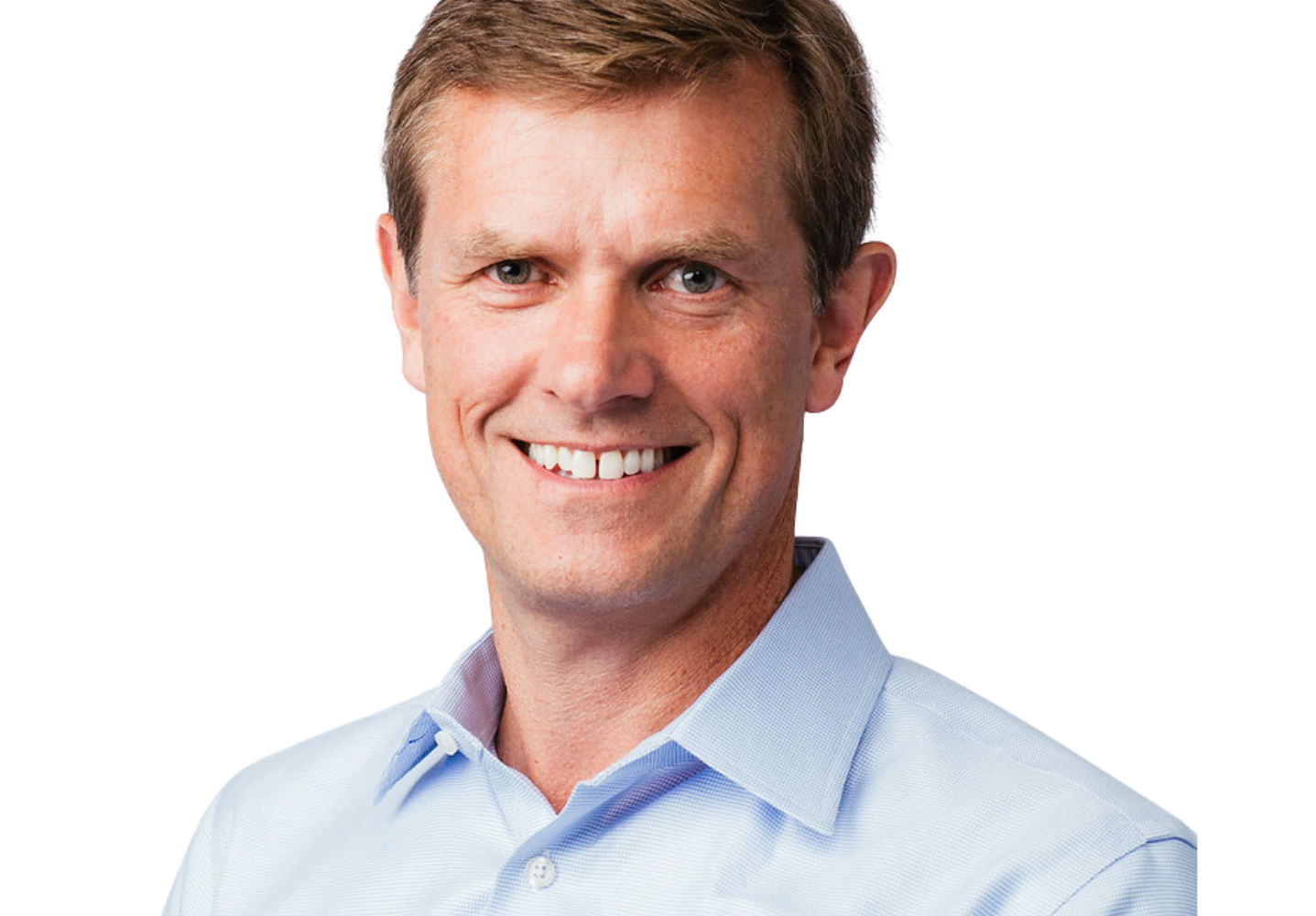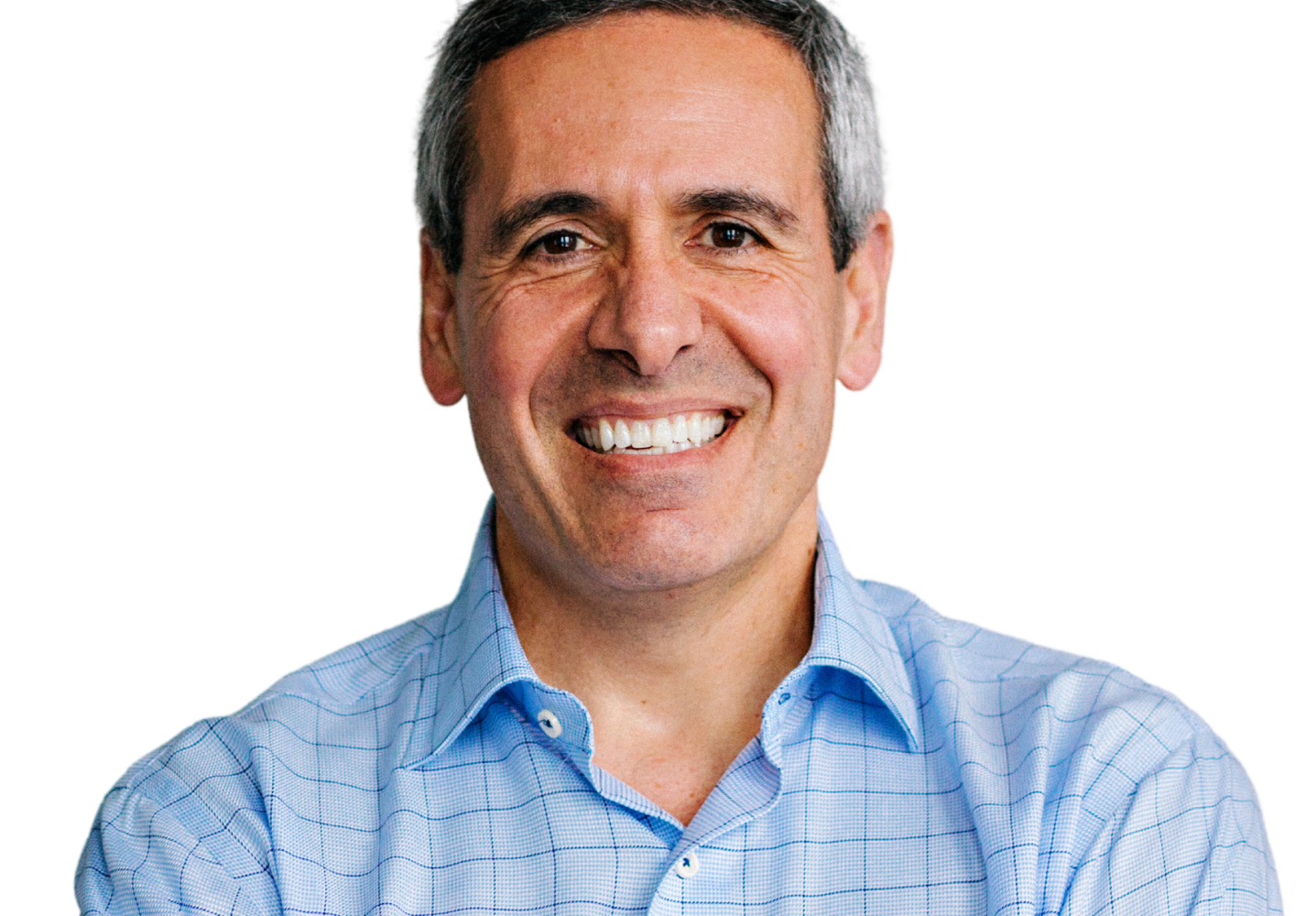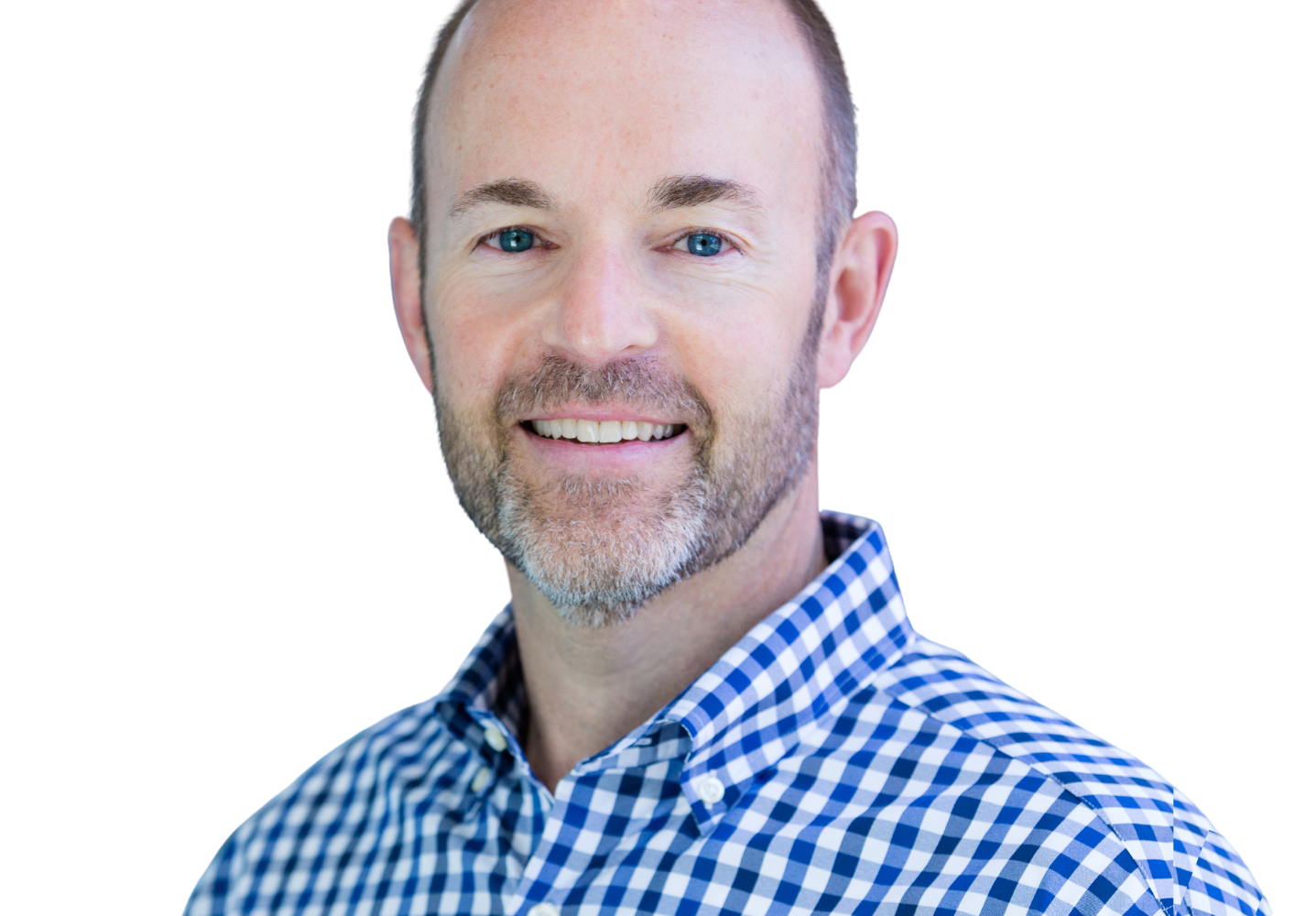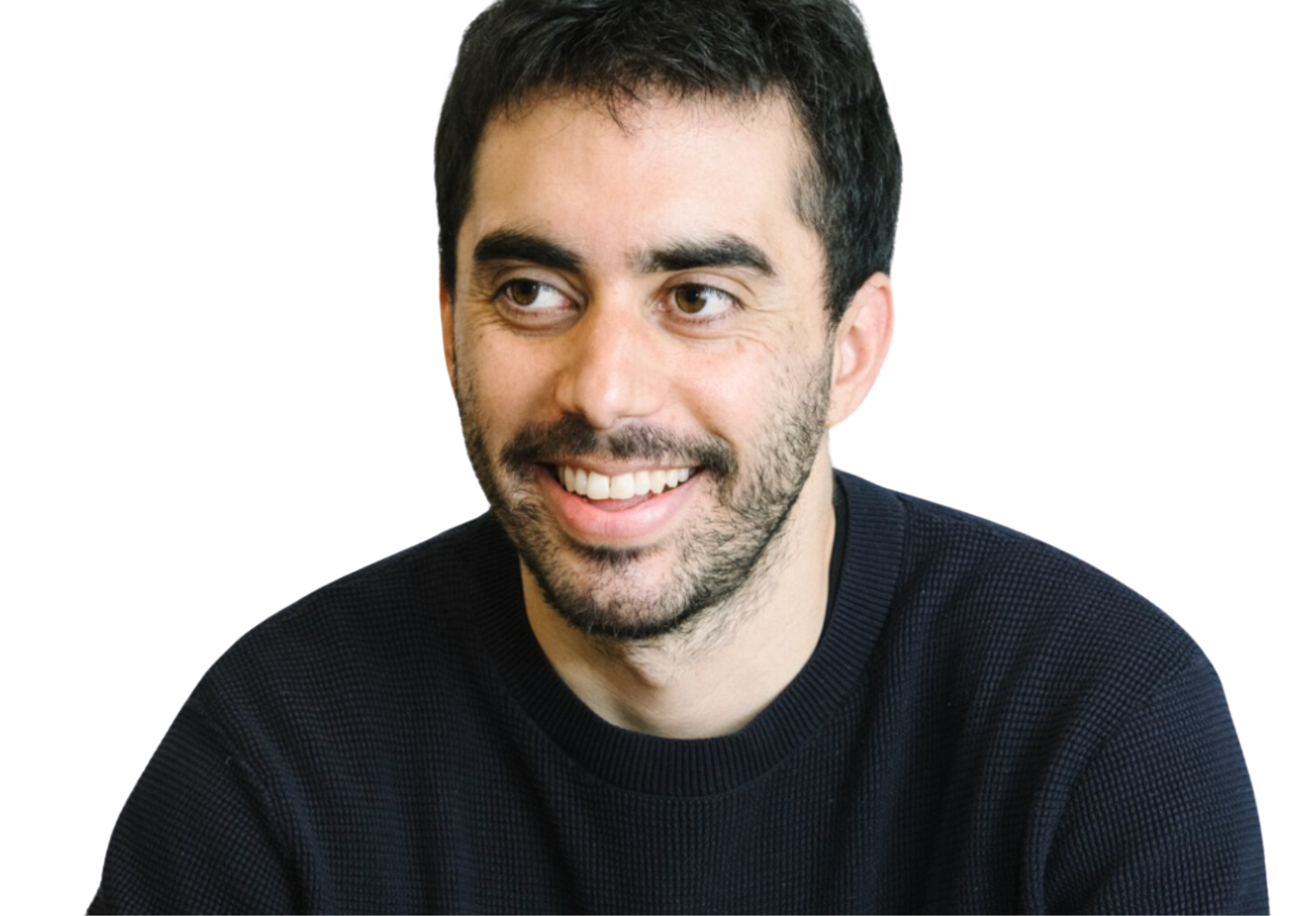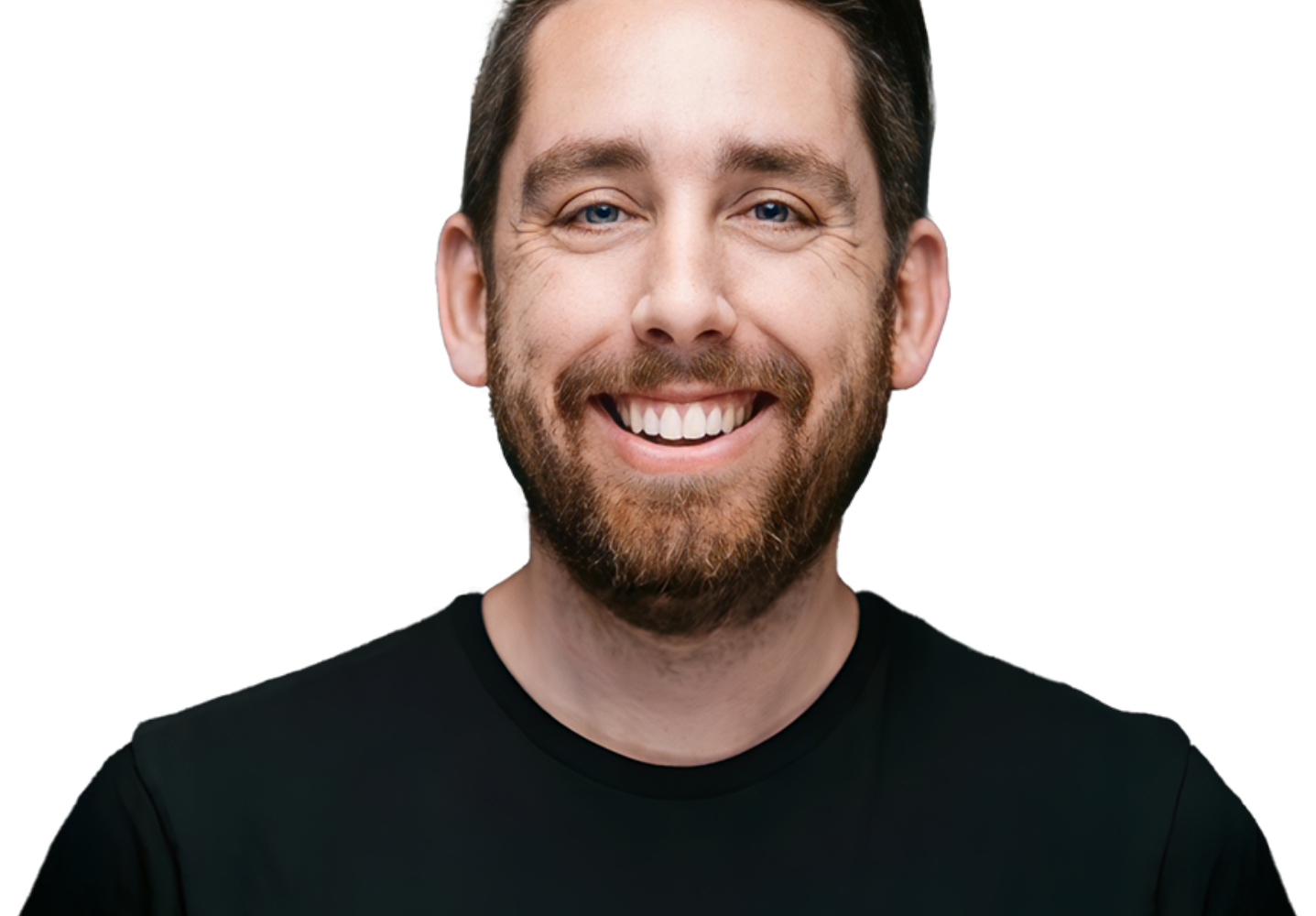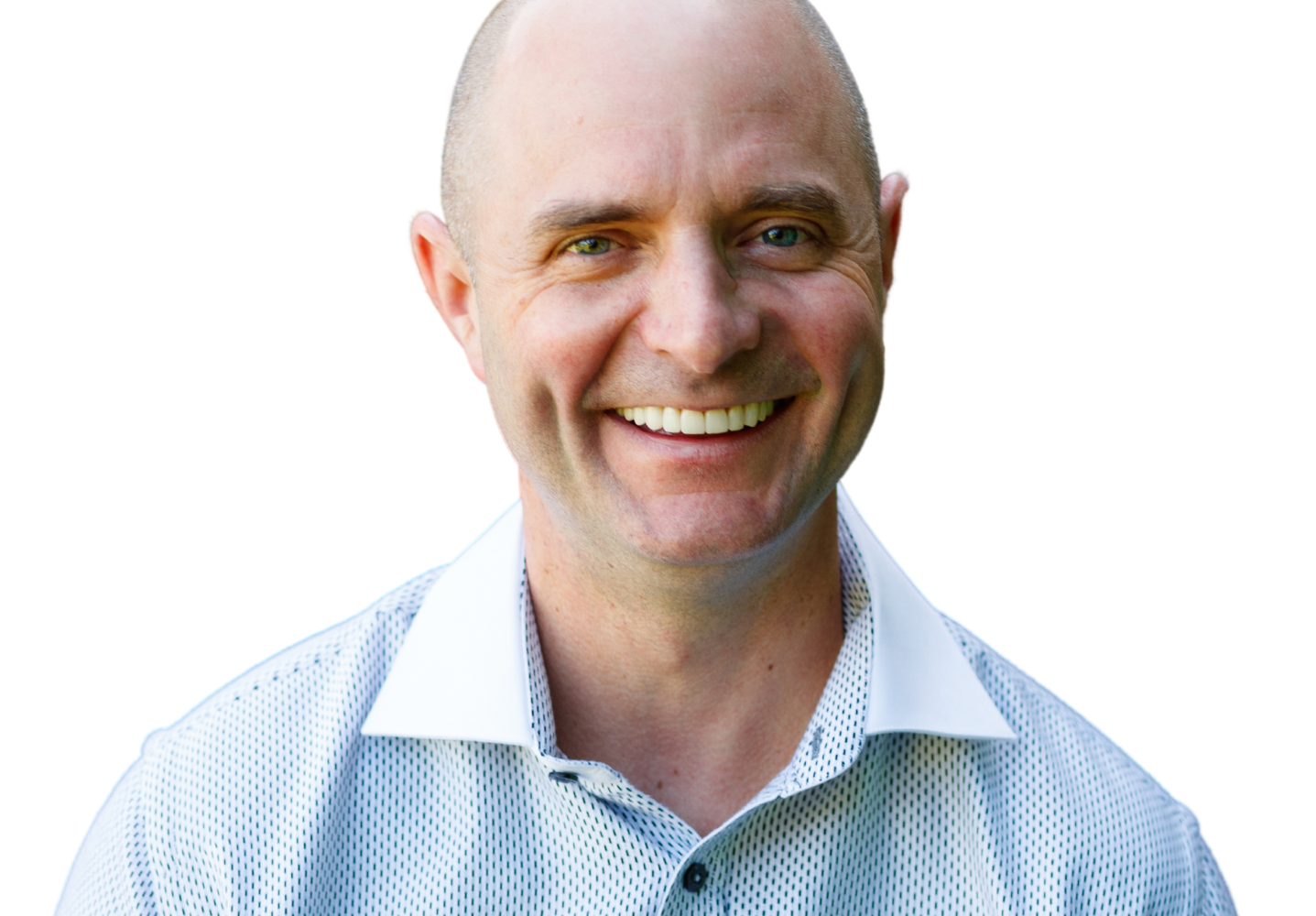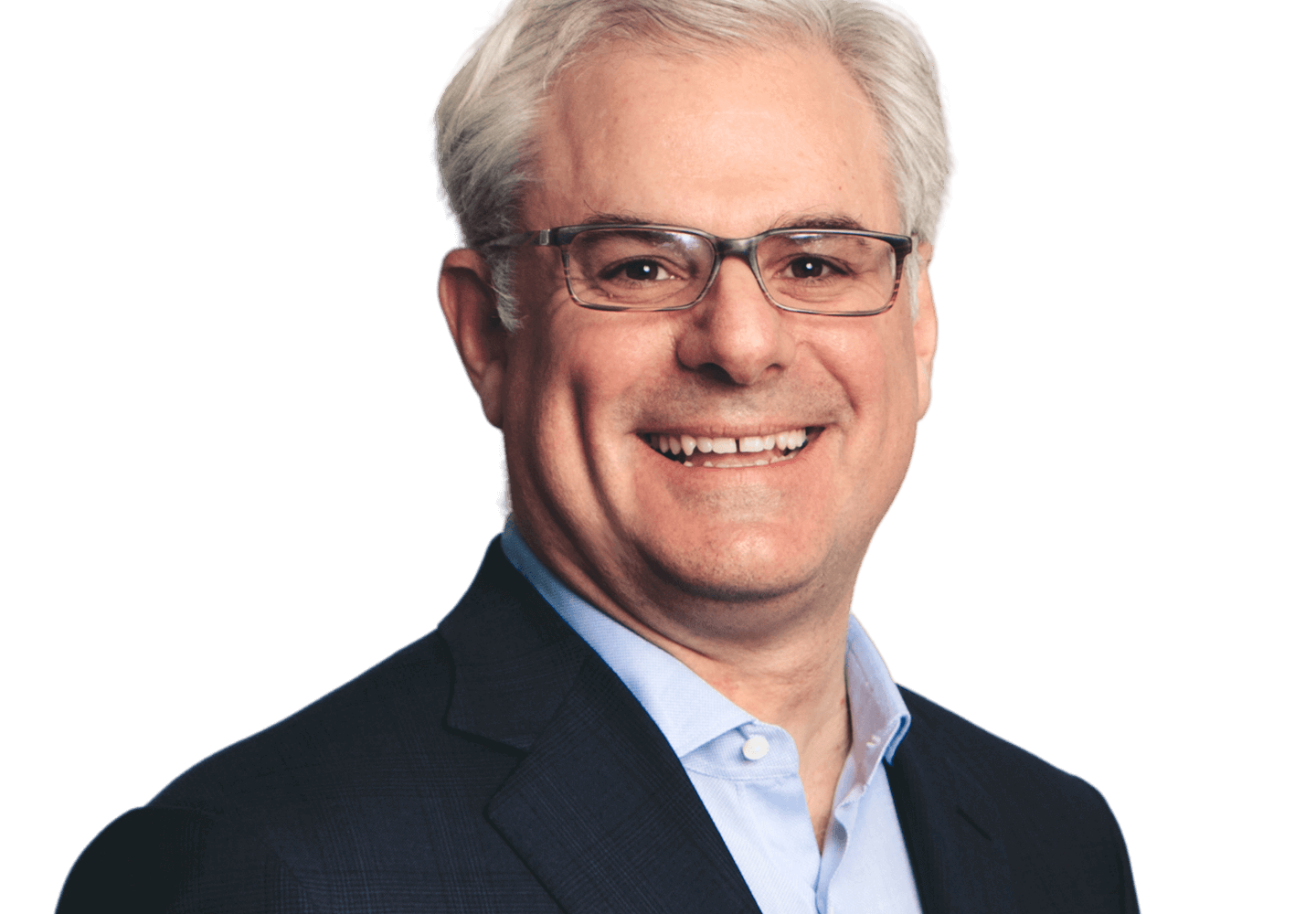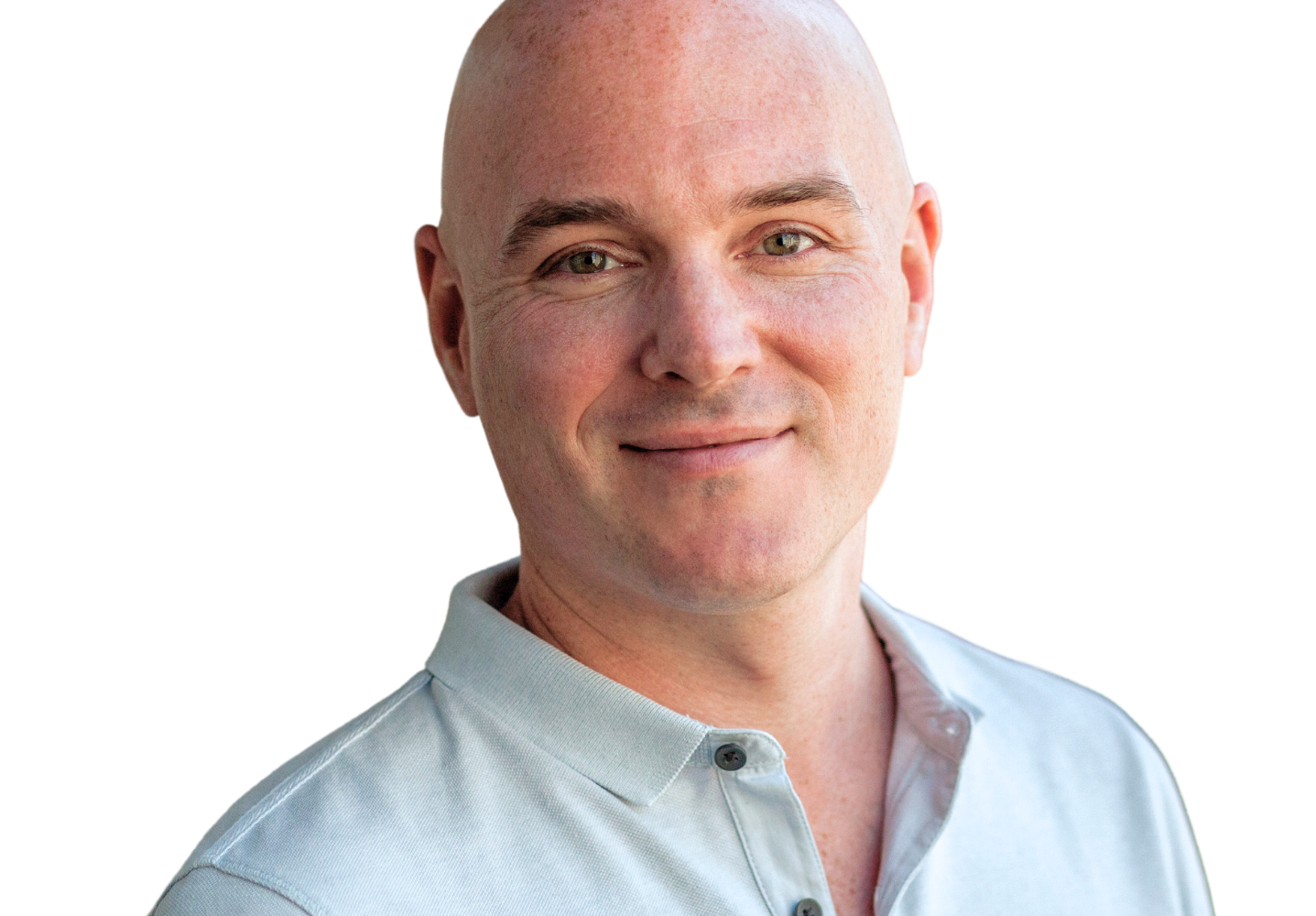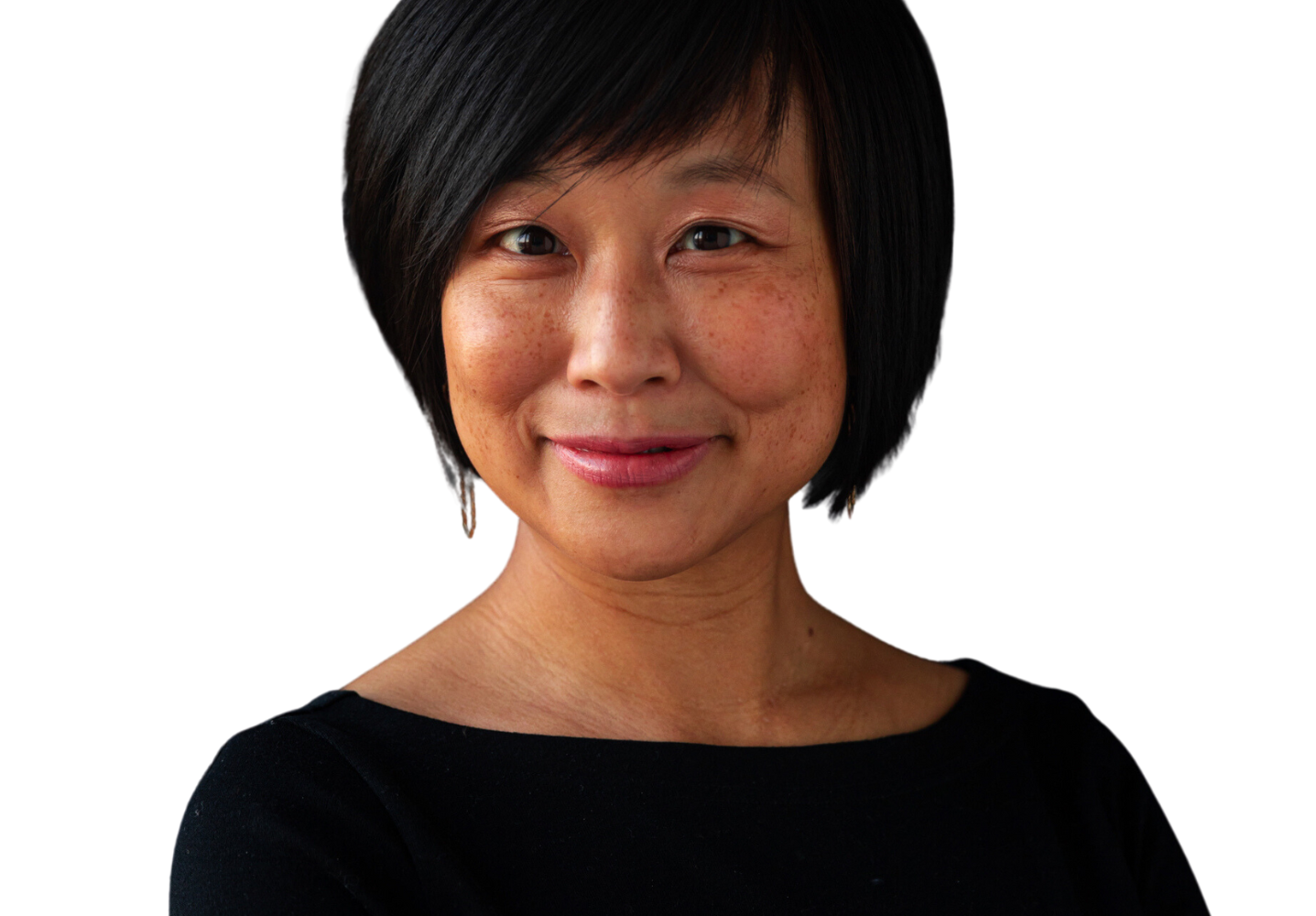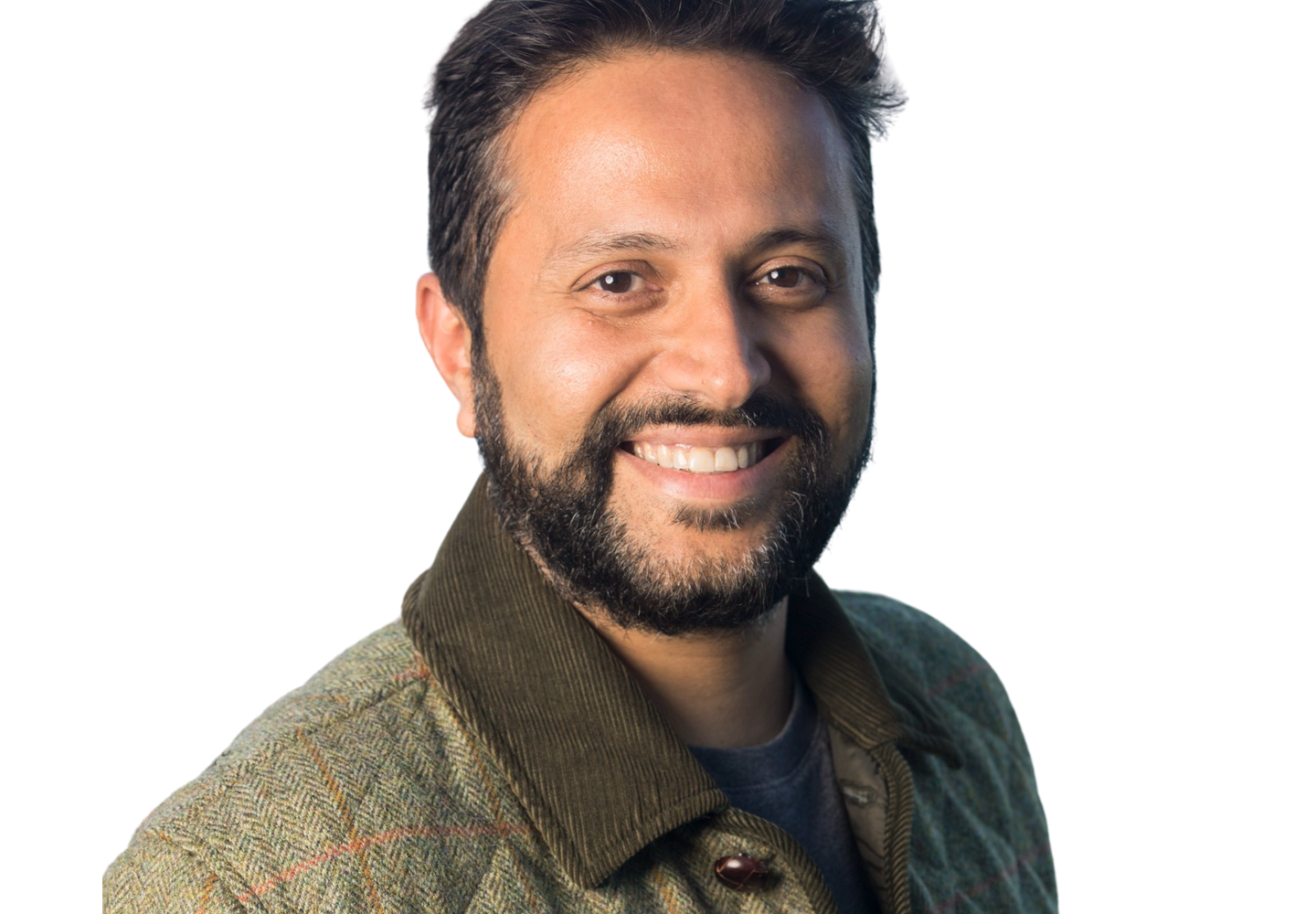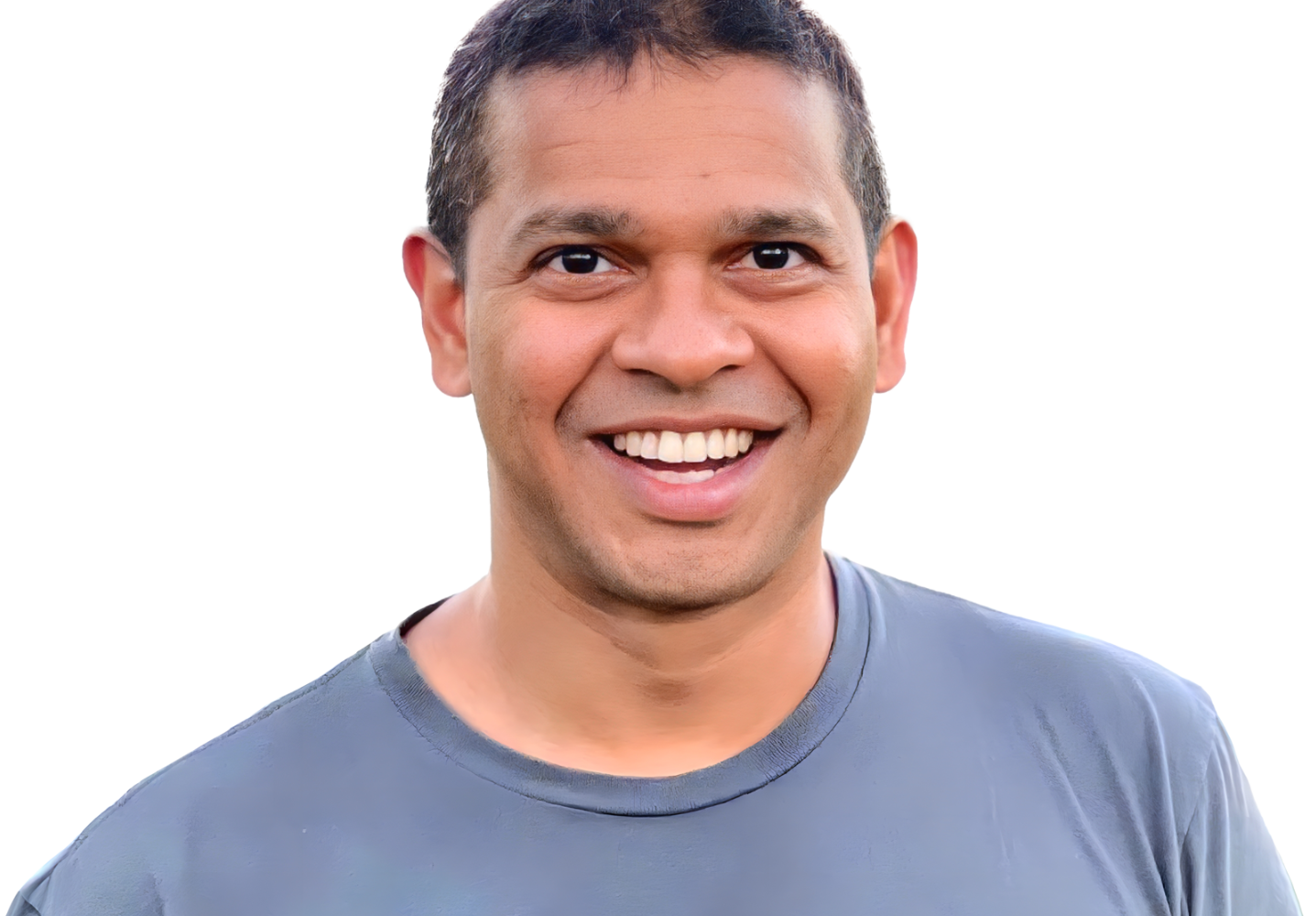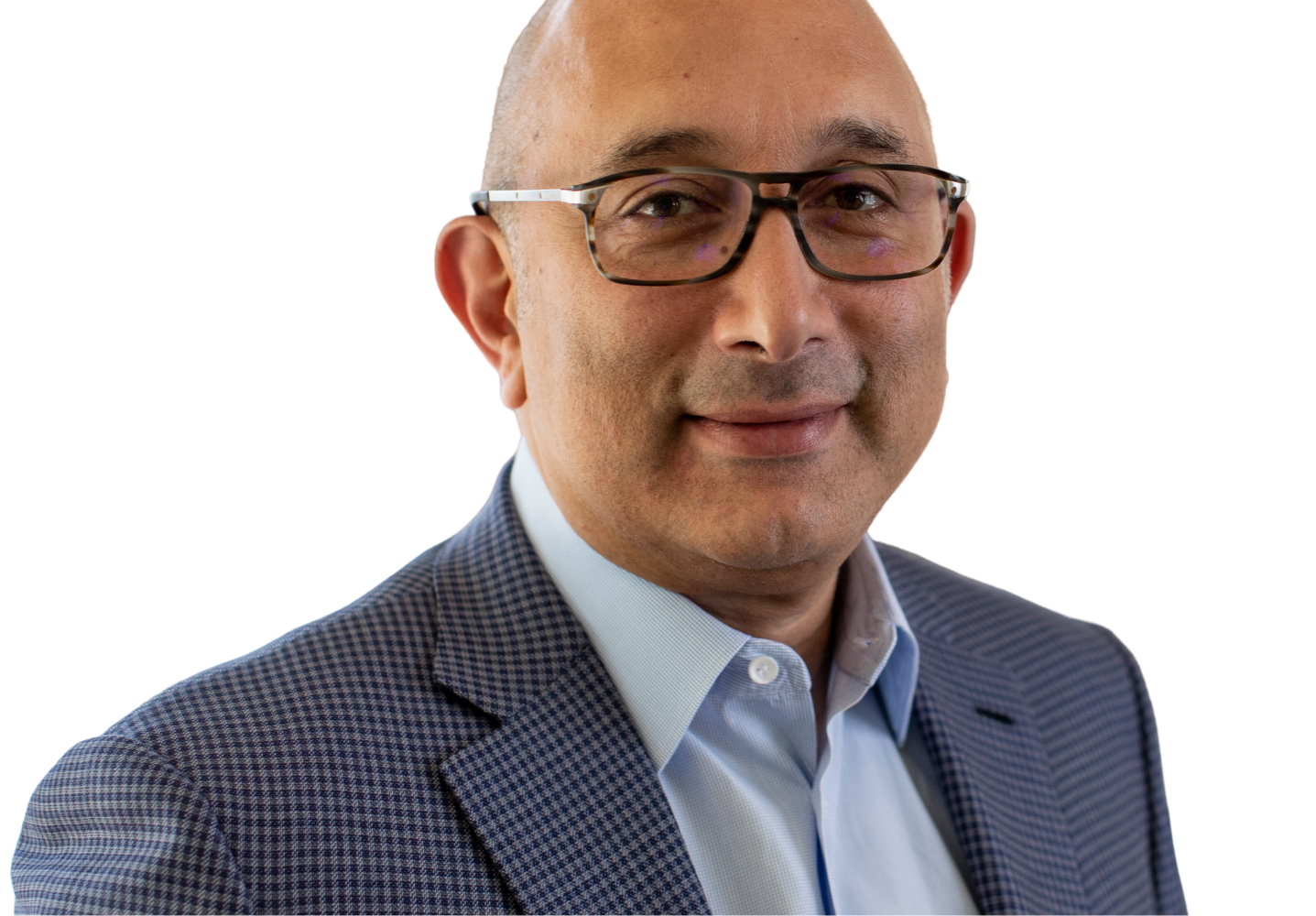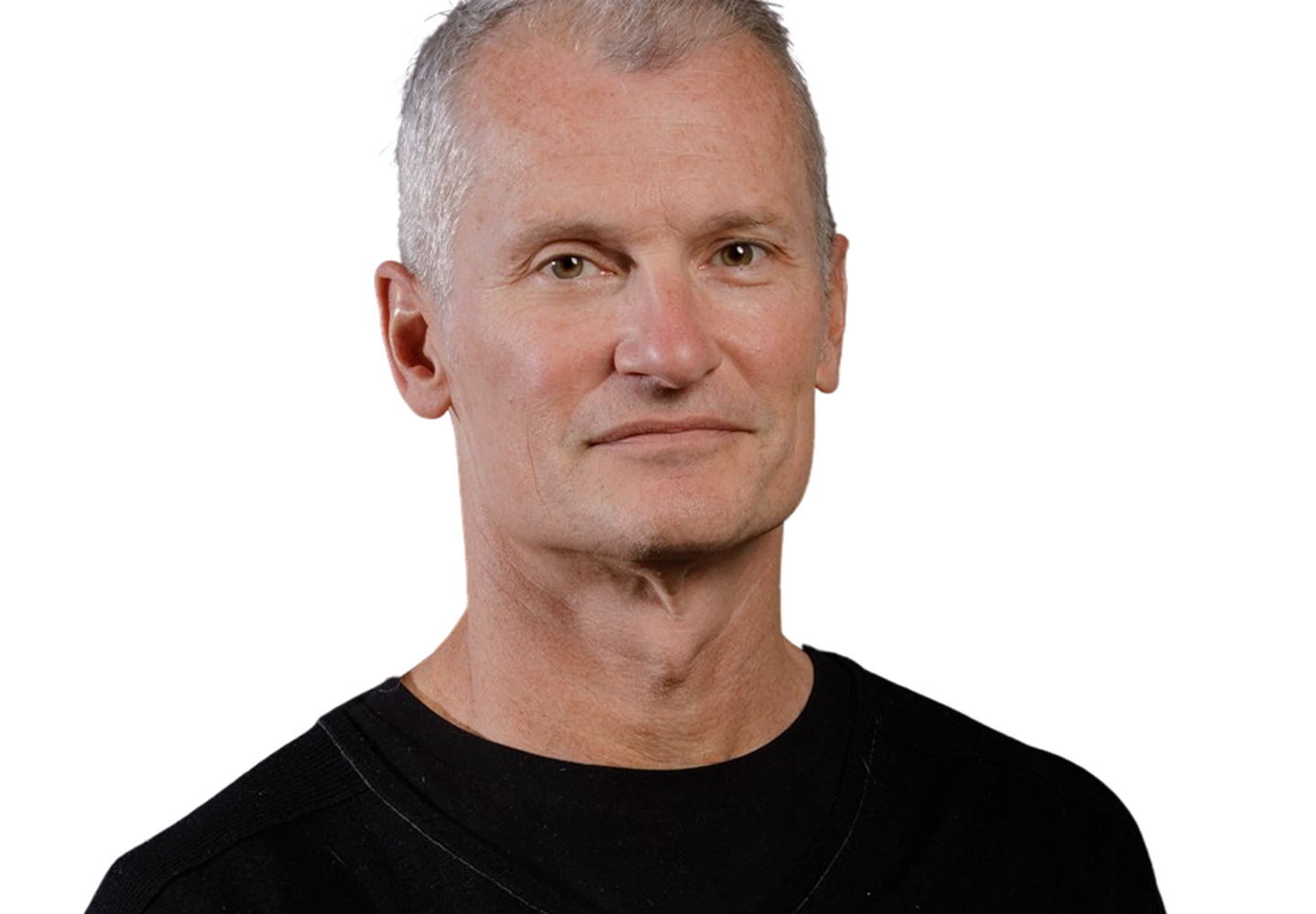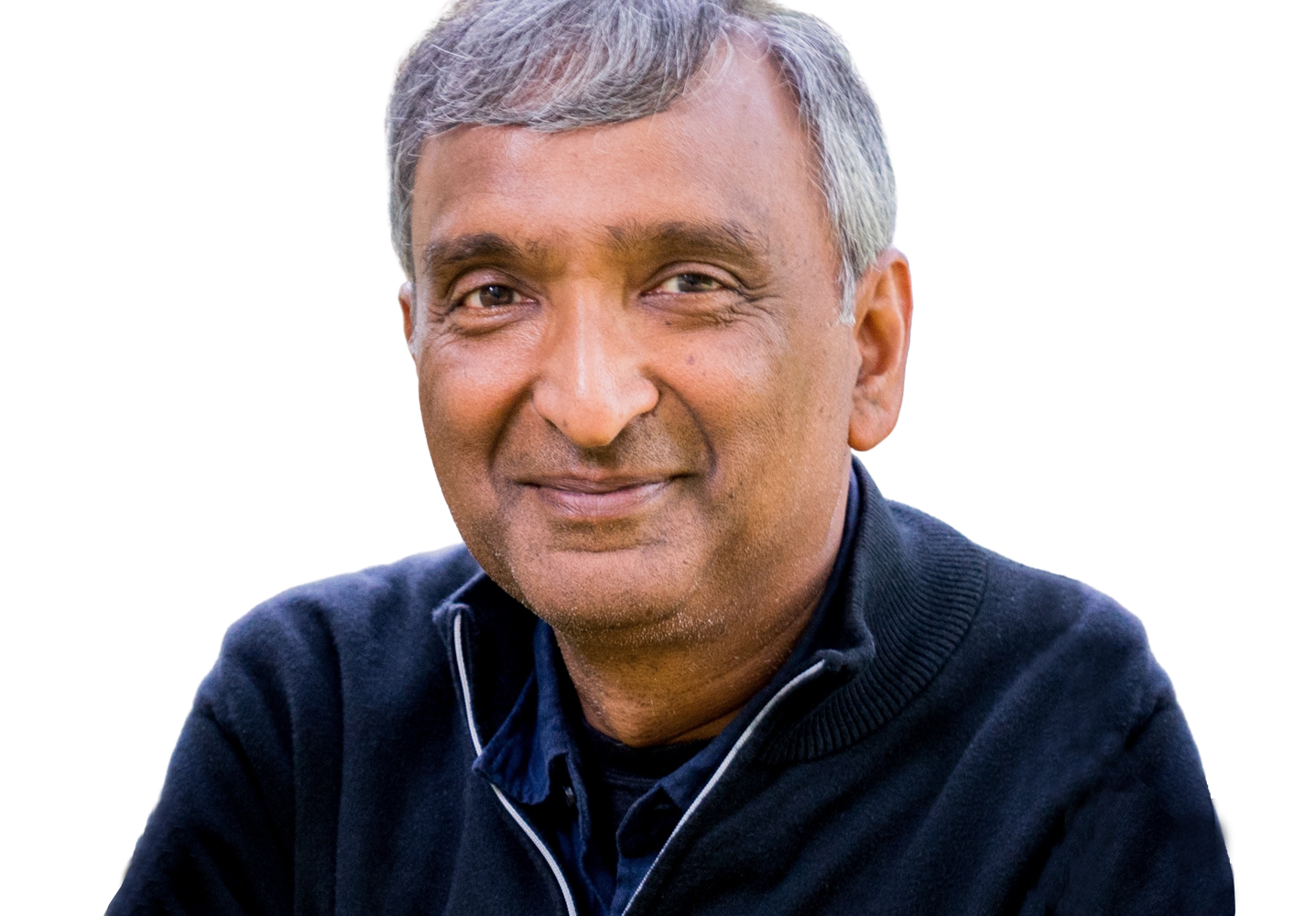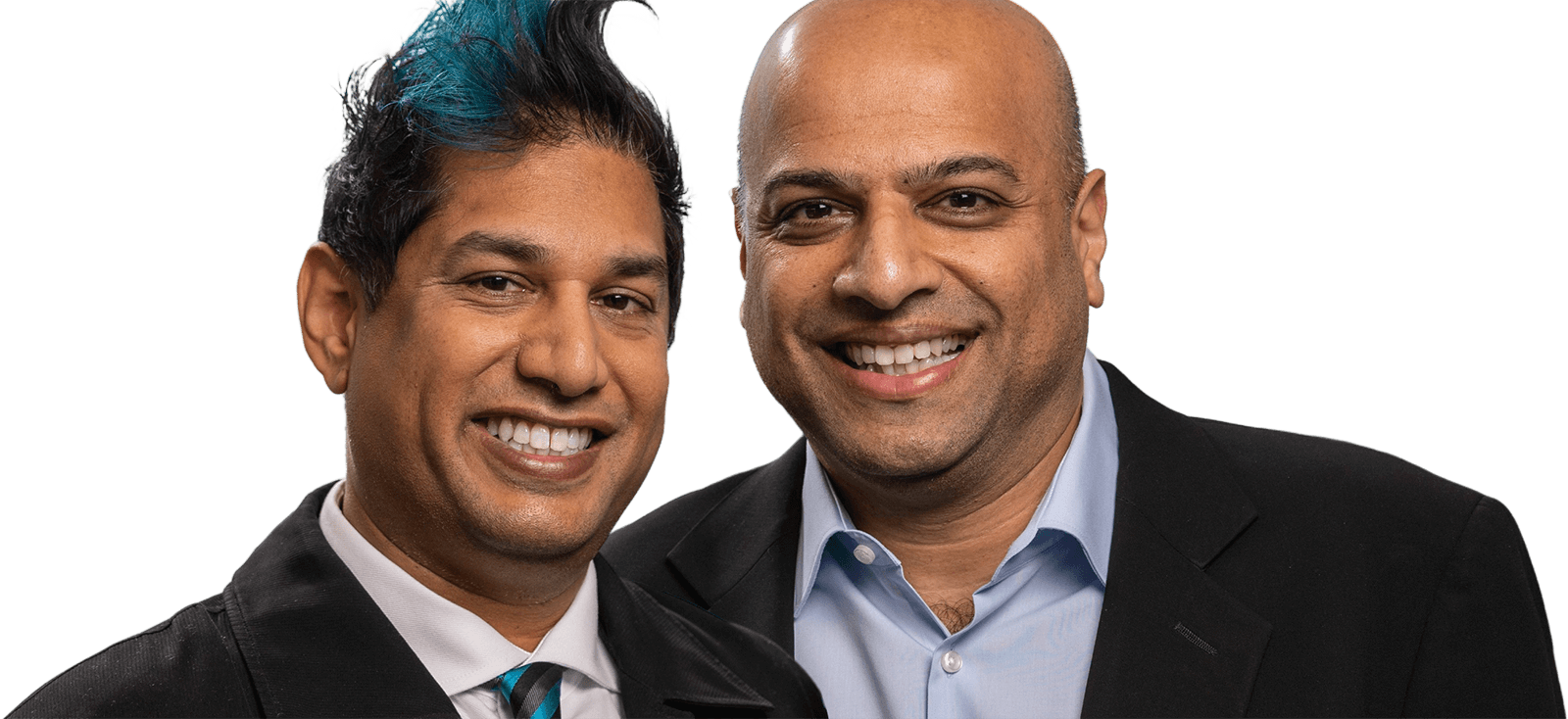What was the problem/the pain point that inspired the creation of Pendulum, and why were you the right person to tackle it?
Pendulum’s mission is personal to my co-founder, Sam Clark, and me, and our backgrounds enable us to create uniquely impactful solutions to pressing problems in this space.
Companies are now intertwined with political, societal, and social conversations more than ever before. The average individual’s opinion about an executive, a brand, or a product is now significantly influenced by the company’s or executive’s political decisions and whether or not they happen to align with those of billions of individuals across the globe. What’s more, social media now enables individual creators to easily create and spread narratives, which shape the average individual’s perceptions at hyper speed. These narratives can cause real harm to businesses and governments through the spread of disinformation, adverse buying decisions from prospective customers, and even security threats.
I had a front-row view of this risk when I worked for the U.S. government, combating foreign election interference, improving infrastructure security, and fighting mis- and disinformation. On more than one occasion, my colleagues, friends, and I experienced the pain of being in the crosshairs of mis- and disinformation. So, I know the pain that a harmful narrative can cause, and I know what it takes to fight this type of threat because I worked to help bring cutting-edge solutions to the government before founding Pendulum.
Madrona has been a dynamic, open-minded partner as we’ve gone through Pendulum’s startup journey. The firm has a unique depth of experience that helps us simultaneously focus on short-term execution while keeping a long-term vision for the company.
However, there were always gaps in the solutions that we saw in the past because there are complex technical problems to solve in this space. No other company was able to develop a platform that was quick, intelligent, and broad facing enough to meaningfully ingest data from enough platforms to provide a comprehensive view of what the information landscape looks like as it pertains to any sort of narrative. The most significant gap was that no one could adequately analyze video platforms like YouTube and TikTok.
This is important because video and audio are now king when it comes to social media. Four times the percentage of Americans use YouTube than use Twitter. TikTok is now the fastest growing social media platform. Facebook and Instagram are converting to formats closer to TikTok to facilitate more video engagement. In short, if you want to track the information space to understand how people are being impacted, video analysis is table stakes, not a nice-to-have.
Fortunately, I am lucky enough to get to build Pendulum alongside a co-founder who cracked some of the code when it comes to analyzing these rich social mediums. Sam, Pendulum’s head of data science, took time out of a sabbatical to tackle the problem of analyzing and understanding the spread of misinformation related to the 2020 election on YouTube. During that process, he created Pendulum’s first technical proof of concept. Even more importantly, he showed that the type of technology we had all been looking for was possible.
The spread of harmful narratives is an expensive problem. It impacts companies and all of us every day. There’s no single solution here, but I am proud of Pendulum’s approach because I think it produces truly actionable insights for our customers. Hopefully, we can bring some order to the chaos when it comes to mis- and disinformation as well.
What is it like to work with Madrona?
Working with Madrona is excellent. Full stop. Madrona has been a dynamic, open-minded partner as we’ve gone through Pendulum’s startup journey. The firm has a unique depth of experience that helps us simultaneously focus on short-term execution while keeping a long-term vision for the company. We’ve benefited from this throughout our entire journey. In fact, I think that we have used every resource Madrona has to offer.
We’ve most experienced Madrona through Hope. She has been on the Pendulum journey since we were still in Madrona Venture Labs, and I can’t say enough about how positive of an impact she has had on Pendulum. Frankly, she is strikingly good at what she does and is emblematic of the expertise and resources that Madrona brings to bear for its portfolio companies.
Tell us about a Madrona Moment.
It’s difficult for me to pick one, but a theme that always stands out is Madrona’s dedication to our company and what that has meant for the focus and support we get from the fund. I remember one particularly late night when I texted Hope for advice and collaboration. We had a pressing, important staffing decision, and I caught her while she was at a dinner function. She stepped out of that dinner without hesitation. We talked through the options, and I left that conversation with conviction.
At Pendulum, we proactively collaborate with Madrona all the time — and not because we feel like it is a requirement. We collaborate because Madrona’s expertise and dedication are always incredibly valuable.
What have you learned about yourself during this process of building a company, assembling a team, fundraising, etc.?
I think, like a lot of other startup CEOs, I have always been someone who was looking for faster ways to achieve goals. We are traditionally people who want to be the first to a new place and travel somewhere that no one else has. As a result, we are skilled at quickly finding accurate conviction. However, building Pendulum has shown me that I can find lasting strength when I trust certain processes that require serious patience.
This has been particularly evident in the effects that our market validation process has had on the trajectory of Pendulum. We took this stage incredibly seriously – relying not only on the founding team’s deep expertise – but also speaking with dozens of customers in both the private and public sectors. Not only did we learn an immense amount, but the customers we learned from during our market validation stage turned into our pilot/beta customers and are converting into customers with multi-year contracts.
The close relationships, comprehensive learning, and feeling of collective design we have built with our customers would not have been possible without our deep exploration during the market validation process — and this would never have been possible without patiently trusting the process. For me, it’s about adding an additional layer of confidence and support to that instinct to run toward an objective when we have a line of sight, and now I carry that with me every day.
Besides that, I moved from Washington, D.C., to Seattle right after we closed the seed round to better grow our company. So, I’m constantly learning about myself and the dos and don’ts of Seattle. Which…did you know, you’re not supposed to carry an umbrella around here, even in the rain?
What is the most important lesson that you have learned during your startup journey?
There are two: Always stay present and add 15 minutes.
The first one, always stay present, can be easy to say and difficult to achieve. At the seed stage, your to-do list will always be longer than the hours you have in a day. As a result, trying to do two, three, or twelve things at once can be so tempting. For example, in past lives, I have been guilty of attempting to be in two meetings at once. However, the outsized, positive impacts of staying present, focusing on the conversation in front of you, and thinking deeply about the task at hand cannot be overstated. This approach attracts the highest performing talent to your team, forces exacting prioritization, and enables you to produce the best version of your work for your customers. Also, every once in a while, the small bullet-point on page three that you would have ignored had your focus been split turns into a powerful sales tool or product feature.
The second one, add 15 minutes, has had some of the biggest impacts on the velocity of Pendulum, and I think it’s incredibly relevant in today’s conversations about work-life balance. My rule is to add 15 minutes of extra work or focus to the task that pains me the most in my day. Every day, I identify the task I either have the most difficult time doing, stresses me the most, or enjoy doing the least, and I work on it for 15 extra minutes. I don’t start the clock until I’m ready to put that work to the side, but I commit myself to a focused extra 15 minutes after I hit that wall.
As a result, I always find two things. 1) During that extra time, I consistently find gems that contribute to my work in an unforeseen but powerful way. 2) My work-life balance increases because the rest of my day, I don’t have to wrestle with the feeling of unfinished work and the anxiety that often comes with open, undesirable tasks. It’s a compartmentalized, problem-solving surge of productivity that contributes to your company and your feeling of completeness every day.

